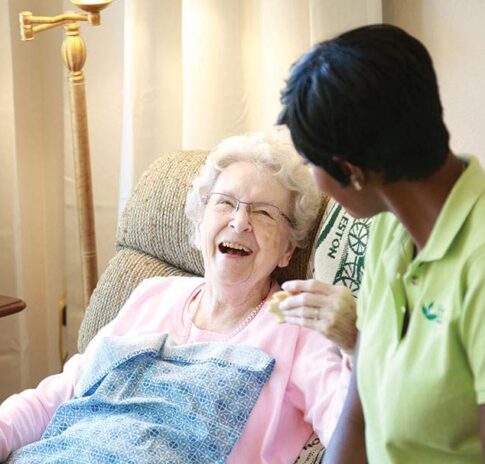Millions of Americans go to the hospital each year for reasons that are often necessary and unavoidable. Whether we fall, get sick, or hurt ourselves in a number of different ways, going to the hospital for medical care is something that we simply can’t avoid. However, the same cannot be said for a substantial fraction of people who are readmitted to hospitals each year. Hospital readmission is not only extremely costly and harmful to the patient, it can be easily avoided with proper care and precaution. Although there are many factors that can play into the need for a hospital readmission, the most common reasons for them are poor discharge and transition processes, improper home care, and a lack of patient support. For the elderly, hospital readmissions are much too common and can lead to future health complications.
So how can you prevent costly and harmful hospital readmissions for your aging parents? The answer is easier than you may think. Below is a brief list of tips that you should follow in order to reduce costly hospital admissions for your aging parents.
Before you leave the hospital
As your parents prepare for discharge at the hospital, make sure you are educated in the health status of your parents before they go home. Many hospitals are over crowded and may discharge parents before they are ready. Make sure your parents health is stable enough for home recovery before you take them home. Once your parents health is stable enough for discharge, speak with the medical professionals to ensure you understand the status of their health, as well as what you need to do once they are home. This may seem straight forward, but many people do not receive a sufficient amount of information about their parents before they go home. You can never ask too many questions, and the worst situation you can find yourself in is not knowing what to do when there is no one there to help you.
What to do once you are home
Next, ensure that your parents have proper home care during their recovery. Aging adults are often readmitted to hospitals as a result of complications that arise after their
discharge from the hospital. This means that understanding how to care for your parents at home can play a vital role in their health and can be the difference between a healthy recovery and readmission. Don’t know what to do? Get help from home care professionals such as the FirstLight Home Care caregivers. The simple act of having a little extra help can make a big difference in your parents recovery, and it can help ease the worry that is involved with taking care of ailing parents.
Additional Tips from a Certified CNA:
1. Follow directions the doctor gives you
– Administer medications at the same time each day
– Perform treatments and exercises as directed
2. Keep area of wound sterile to avoid infection
– Actively change bandages with sterile hands
– Monitor the wound and take notes on how it is healing
3. Limit patient’s movement after serious injuries
– Don’t rush the recovery as it will only aggravate the injury
– Play on the safe side when performing new exercises making sure your parents are healthy enough to perform them
